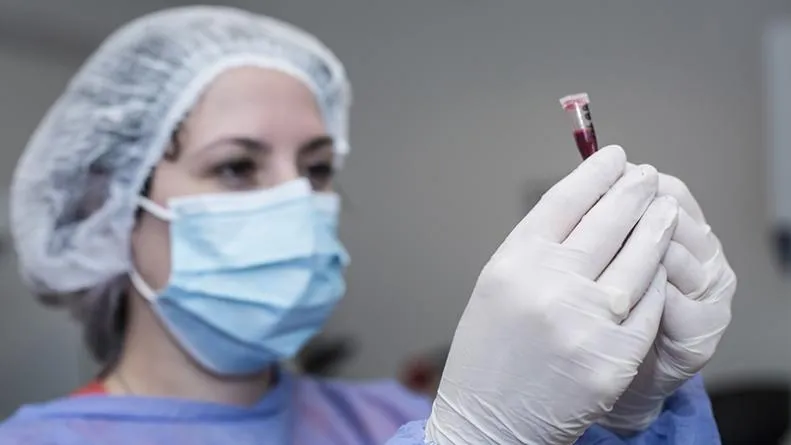A pioneering study in the world carried out by the University of Monash, in Australia, has discovered a way for the regeneration of insulin in the pancreas stem cells, which is a great advance towards new therapies to treat type 1 diabetes and2, according to the researchers in the magazine 'Nature, Signal Transduction and Targeted Therapy.
Using the pancreas stem cells of a type 1 diabetic donor, the researchers managed to reactivate them effectively to become cells that express insulin and functionally resemble beta cells by using a drug approved by the Food Administrationand United States medications (FDA) but is not currently authorized for the treatment of diabetes.
Although it requires more work, in principle the new approach would allow to replace insulin producing cells (beta cells) that are destroyed in type 1 diabetics with newborn insulin generating cells.
The study, led by diabetes experts, Professor Sam El-osta, Dr. Keith Al-HaSani and Dr. Ishant Khurana, of the Monash Diabetes Department, could lead to a possible treatment option for insulin-dependent diabetes,that seven Australian children are diagnosed every day and that forces to measure blood glucose for life and inject insulin daily, to replace the insulin that no longer produces a damaged pancreas.
While the number of cases of diabetes worldwide approaches 500 million, researchers strive in a limited set of unclear efficiency treatments.
"We consider that the research is novel and is an important step towards the development of new therapies," said Professor El-osta.To restore insulin expression in a damaged pancreas, the researchers had to overcome a series of challenges, since it was often thought that the diabetic pancreas was too damaged to heal.
According to Professor El-osta, when an individual is diagnosed with type 1 diabetes much of their pancreatic beta cells, which produce insulin, have been totally destroyed.These studies show that "the diabetic pancreas is not unable to express insulin" and concept test experiments "address medical needs not covered in type 1 diabetes."
Advances in diabetes genetics have contributed a "greater understanding and together with it a resurgence of interest in the development of possible therapies-explains Professor El-osta-. Patients depend on daily injections of insulin to replacethat the pancreas would have produced.
At present, the only other effective therapy requires pancreatic islet transplant and, although this has improved the health results of people with diabetes, transplantation depends on organ donors, so its generalized use is limited. "
The co-author of the study, Dr. Al-HaSani, affirms that, as we face the aging of the world population and the challenges of the increase in the number of type 2 diabetics, which is strongly correlated with the increase in obesity, the need for a cure for diabetes becomes more urgent ",
"Before reaching patients, there are many issues to resolve," prisoners. "It represents an important step on the way to the conception of a lasting treatment that could be applicable to all types of diabetes, "he says.




